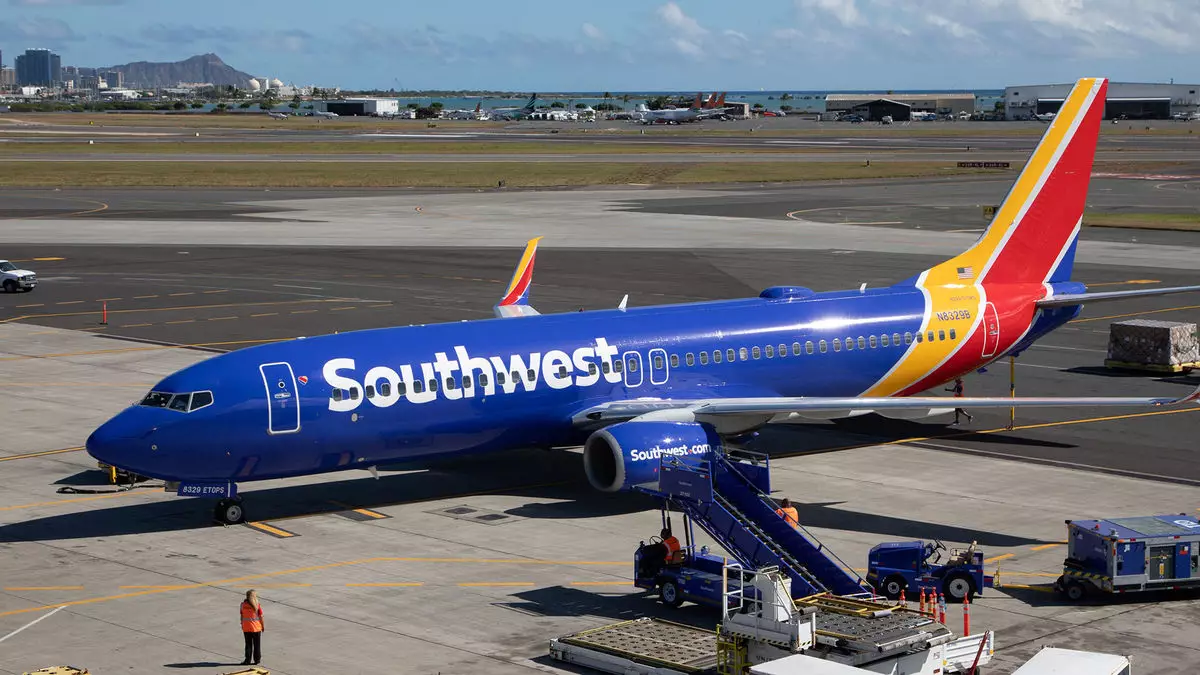In the ever-evolving landscape of corporate America, the recent political landscape under the Trump administration poses unique challenges for companies like Southwest Airlines in their commitment to diversity, equity, and inclusion (DEI). With CEO Bob Jordan at the helm, there’s a palpable tension between maintaining a robust DEI culture and adapting to the regulatory pressures introduced by the new administration. The focus on DEI is not merely a trend but reflects a profound shift in workplace demographics and social expectations.
The political climate can significantly influence corporate policies, and Trump’s executive orders have sent ripples across various sectors. While these orders directly impact federal agencies, private corporations are not immune to the prevailing administration’s sentiments. Jordan’s remarks during the airline’s Q4 earnings call revealed the cautious optimism that Southwest holds towards maintaining its DEI initiatives, despite the unsettling atmosphere fostered by federal directives. The airline recognizes that the evolving policies may necessitate a reevaluation of their programs, all while trying to shield the integrity of their organizational culture.
Further complicating the airline’s DEI strategy was the recent alteration in title by Juan Suarez, the former vice president of DEI, to chief inclusion officer. This move is emblematic of a broader trend where organizations are rebranding their inclusion initiatives to align with changing political winds. By adopting a title that emphasizes corporate citizenship, Southwest aims to frame its commitment to inclusivity as not just a response to governmental pressures but as a fundamental tenet of its organizational mission. This shift underscores the precarious balancing act that leaders face in affirming their commitment to DEI while navigating political sensitivities.
In light of these challenges, Southwest must devise a strategy that reinforces its dedication to DEI without contravening prevailing political currents. While the current administration’s opposition could dissuade some companies from pursuing ambitious DEI goals, businesses are increasingly aware that inclusive practices yield tangible benefits, including improved employee morale and customer loyalty. Therefore, Southwest’s approach must be one of both resilience and adaptability—integrating DEI into their business model while remaining vigilant in monitoring any shifts in policy.
As Southwest Airlines navigates this intricate landscape under the Trump administration, the company’s resolve to foster a diverse and inclusive environment remains commendable. Though faced with external pressures and the timidity that accompanies political maneuvering, the airline must continue to regard DEI as not just a corporate initiative but as an ethical imperative. By balancing the potential repercussions of federal policy changes with the intrinsic value of diversity, Southwest can emerge as a model for other corporations in a world where DEI is increasingly crucial for long-term success and cohesion.


Leave a Reply